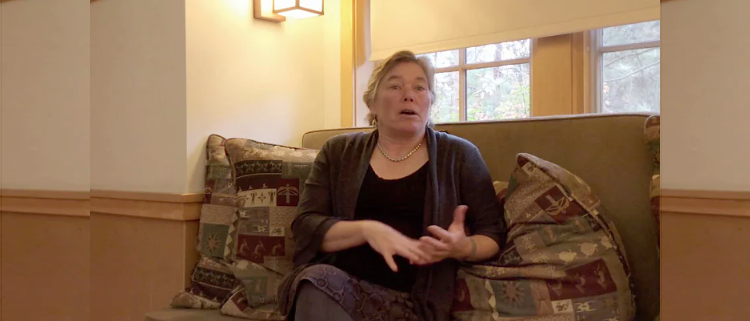||| ZWILLING HEALTH by REGINA ZWILLING |||
Is health simply the state of being free from disease? According to etymonline.com, “Health” derives from Old English “wholeness, a being whole, sound or well” and from Old Norse “holy or sacred”. The definition goes on to add “Of physical health in Middle English, but also “prosperity, happiness, welfare; preservation, safety.” An abstract noun to whole, not to heal.” This gives a deeper dimension to “health” than many of us may initially consider.
There are some basic, simple things we all need to be truly healthy, or in a state of wholeness, prosperity and happiness. These things are not found in pharmaceuticals or supplements. When you go to a doctor you are not likely to hear the question “how much sunlight have you gotten lately?” or “what’s the quality of your close relationships?”.
Rather, a doctor is likely to measure things such as your blood pressure, blood sugar levels, cholesterol and other hormone levels, and more. These measures may serve as markers of a snapshot of how our body is doing at a given time. But are they true measures of health and well-being, or vitality, creativity, passion and excitement for life? And isn’t that what we all really want? Not just a basic level of not-sickness, but rather an opportunity to explore our potential, and offer our creativity and passion to the collective community we are part of? Shouldn’t health incorporate all the aspects of what it means to be human: not just physical, but also mental, emotional and spiritual? We are also creative, social beings.
Here are a dozen aspects to living a life of true vitality that are often overlooked, and some that may be familiar but are important enough to bear repeating:
- Sunlight (sensible levels of sun exposure). Natural outdoor light is a more important nutrient than any supplement
- Clean water (free of toxic chemicals and pollutants)
- Clean air (free of toxic particulate matter)
- Clean environment (largely free of toxic chemicals and electromagnetic fields (EMFs))
- Clean, fresh, local, seasonal, nutrient dense food (free of harmful pesticides, grown locally from a permaculture / regenerative / sustainable agricultural perspective)
- Living in an eustress environment. “Eustress” means good, or adaptive, stress. Some stress is good for us and helps us grow. Exercise, for example, is an example of helpful stress that allows one to adapt to a higher level of functioning, to become stronger and better able to handle the demands of life. Another example is doing things outside our comfort zone so we can expand and stretch our sense of what we are capable of.
- Love and human interaction, while participating in activities that are meaningful to you, with the people you care about
- Regular physical activity. 30 minutes three times a week is not enough. We need to move our bodies every day.
- Spending time in nature. Nature is a source of nourishment for our souls, and offers us a sense of perspective and grounding, and a sense of connection to something bigger than ourselves.
- High quality sleep hygiene practices. Ample natural light during the day, plenty of physical activity through the day, and connecting to nature to help calm our nervous systems all help us to get high quality, restorative sleep.
- Having meaning, purpose and fulfillment in your life
- Access to basic healthcare & housing utilizing natural building material
What if your doctor addressed one or more of these areas next time you had a health complaint? What if we start to shift our “health” focus away from numbers and symptoms that are treated with pharmaceutical drugs to actually addressing the basic needs that help us live lives of meaning and purpose? Isn’t that what true health is about?








Bravo Regina! Allopathic Western medicine, with it’s focus on symptoms, is descended from battlefield surgery. When you are bleeding, these are the folks you want! On the other hand, when you are actively seeking health, rather than trying not to die, you must go beyond pharmaceuticals and surgery. It doesn’t help that medical insurance companies, pharmaceutical companies and hospitals are all enmeshed in an “ill-care system” that makes a very few people a great deal of money at the expense of patients and care providers. Regina’s 12 suggestions above are eminently sane and sensible. They are mostly under our own control as well. (I’m heading out into the sunshine now!)